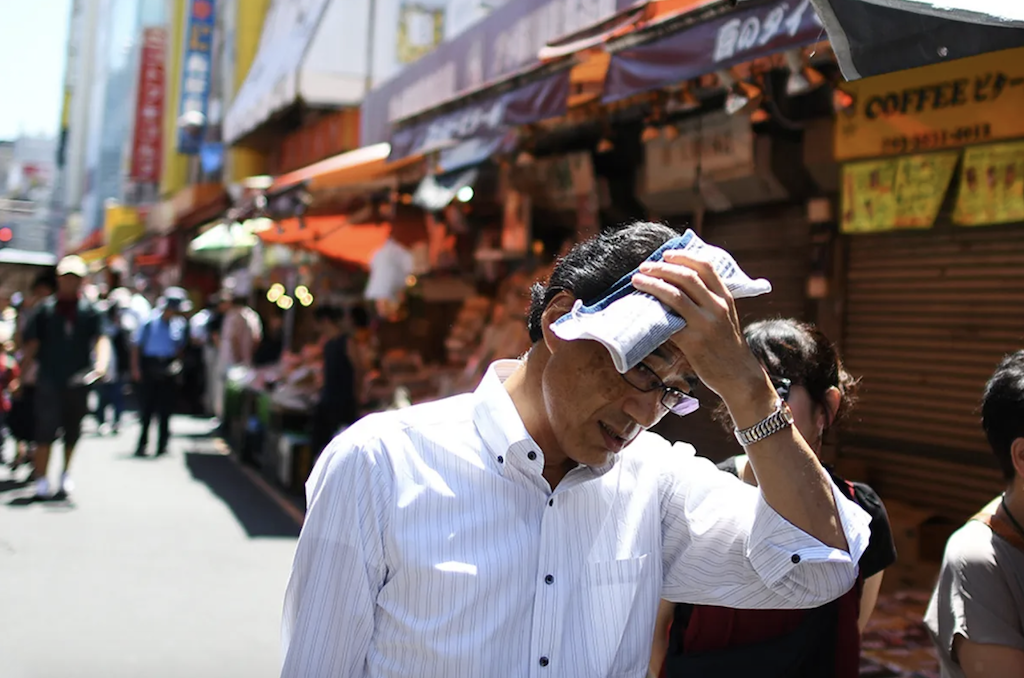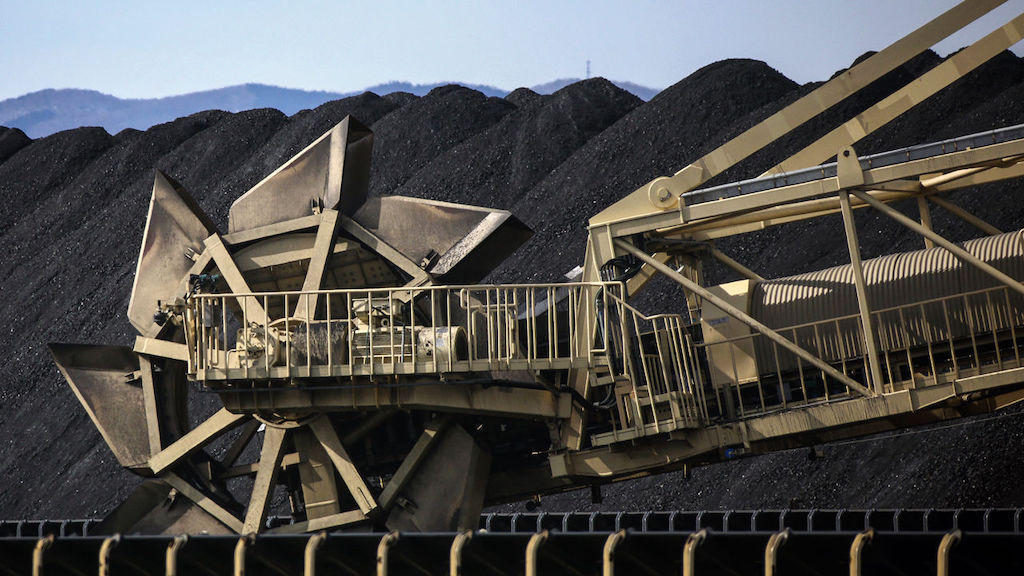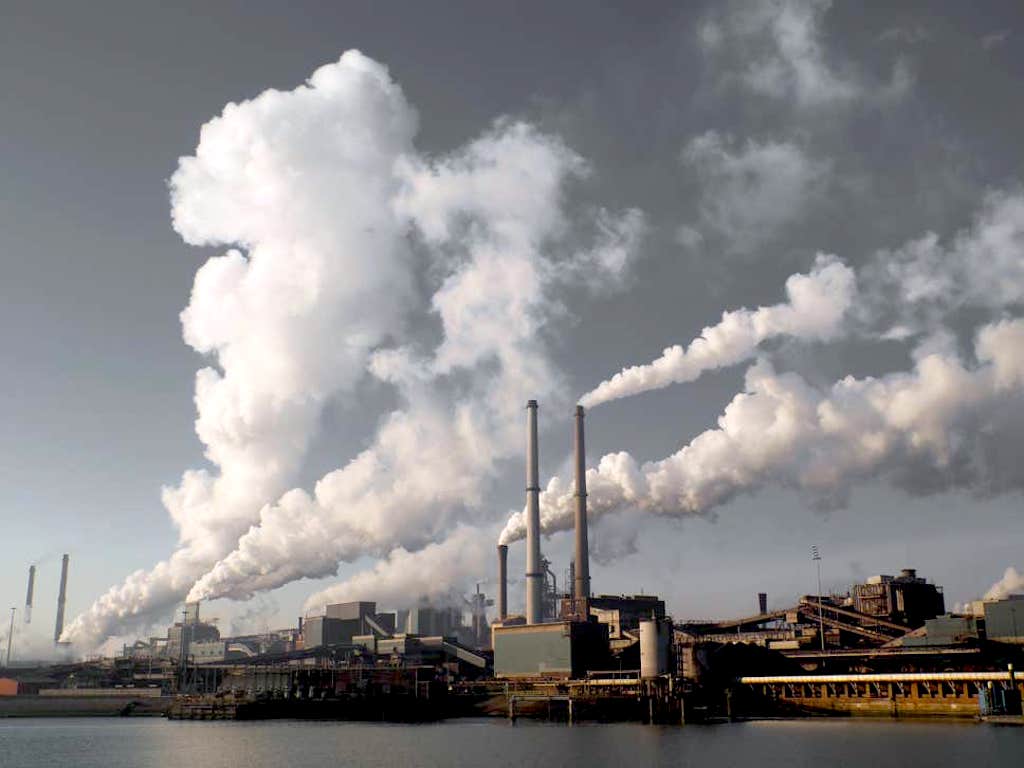4 Mins Read
Perhaps one of the most damaging consequences a decade after the haunting Fukushima nuclear disaster forced Japan to close all but one of their nuclear power programs, the country is now planning to build up to 22 new coal-burning facilities within the next five years. This is receiving backlash from both residents who live near the planned sites, as well as the climate-conscious, who have criticised the serious disruption the coal plans will have on the country’s much-needed push towards clean energy. Faced with the intensifying climate crisis, building new coal-fired power plants – one of the world’s dirtiest sources of electricity – is fanning the flames to our already burning planet.
By contrast to most advanced economies in the world, Japan is now planning to increase their reliance on coal-powered energy by building 22 new coal-fired plants across 17 different sites within the next five years. At a time when the world is in desperate need to slash greenhouse gas emissions to fight global heating and avert further climate disasters like the ongoing Australian wildfires and rising sea levels, the country’s leadership wants to use more coal to power its grid–a dirty energy source that not only releases massive amounts of carbon dioxide, but also sulfur dioxide and nitrogen oxides into the atmosphere, which react to form acid rain that corrodes buildings, acidifies freshwater and damaging aquatic ecosystems, which is already suffering from decades of environmentally abusive human activities.
Read: UN Chief Antonio Guterres tells Asia to quit addiction to coal now
Altogether, Japan’s Yokosuka project to build 22 coal plants would emit as much carbon dioxide each year as all the cars sold annually in the United States, at a time when emissions must be cut if we are to combat the most urgent planetary emergency. This has already led to pushback from residents and climate activists alike, who have launched a lawsuit against the government who has approved of the project without assessing the impact on local air quality and the danger it will pose to communities by fanning the flames of the climate crisis.

In the past few years, Japanese citizens have already experienced some of the negative impacts of global heating. In a study by the Meteorological Society of Japan, scientists found that the primary cause of the heatwave in 2018, which killed more than a thousand people, was climate change.
Despite these frightening effects of human-induced global heating, which Japan has recognised as it has signed onto the Paris Agreement, pledging to reduce their emissions by 26% by 2030 compared to 2013, Japan is well behind in terms of action, as evidenced in the unwillingness to break ties with coal. Even compared to the United States, the world’s largest economy that has famously retracted from the Paris accord, Japan’s shortcomings are clear: there are no new plants actively under development in the US.
Read: Activists skeptical of Japan’s plans to transform Fukushima into renewable hub
“Japan is an anomaly among developed economies. The era of coal is ending, but for Japan, it’s proving very difficult to give up an energy source that it has relied on for so long,” said University of Tokyo’s climate policy expert Yukari Takamura in conversation with the NY Times.

While Japan is currently in the spotlight, the rest of Asia is also contributing to the financing of dirty energy. While divestment seems to be somewhat catching on in Europe and North America, as of now, money continues to pour into coal investments in Asia. Figures from the Institute for Energy Economics and Financial Analysis (IEEFA) show that as much as two-thirds of Chinese overseas investment in 2018 was spent on coal-fired plants. Despite China touting its solar energy capacity, a Green Queen investigation last year found that many of the biggest funders of coal mining are banks located in Hong Kong and Asia.
Faced with a planet that is literally on fire, the only responsible policies that governments should be taking is one that cuts emissions, starting with ending the use of non-renewable sources of energy such as coal. We can no longer afford to ignore the carbon budget of today, and our world leaders desperately need to step up to take the only chance we have left.
Lead image courtesy of Getty Images.




